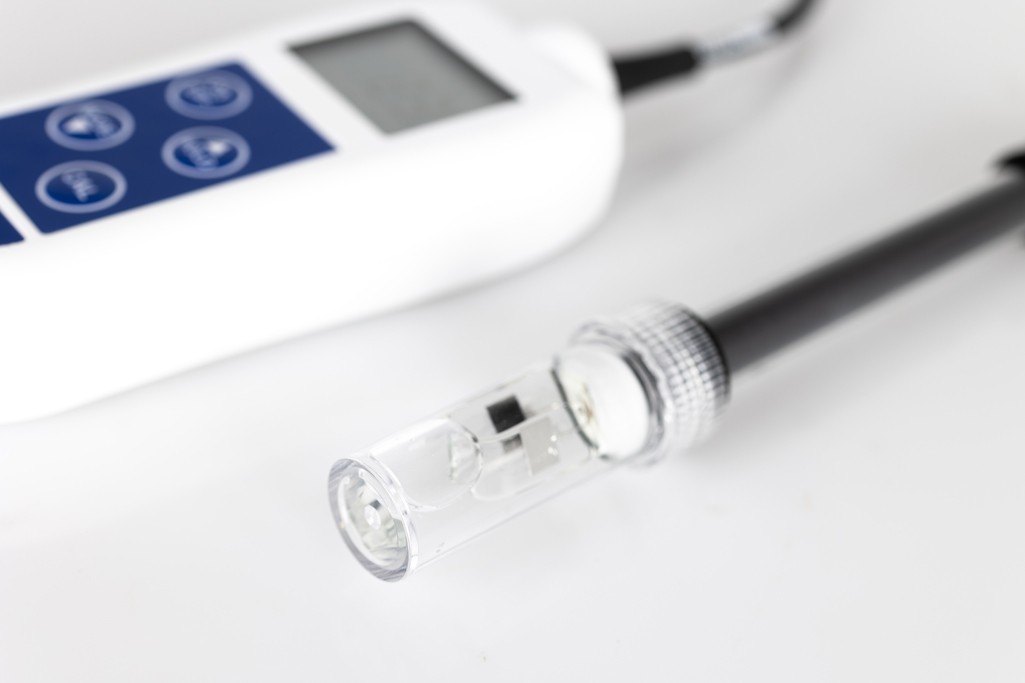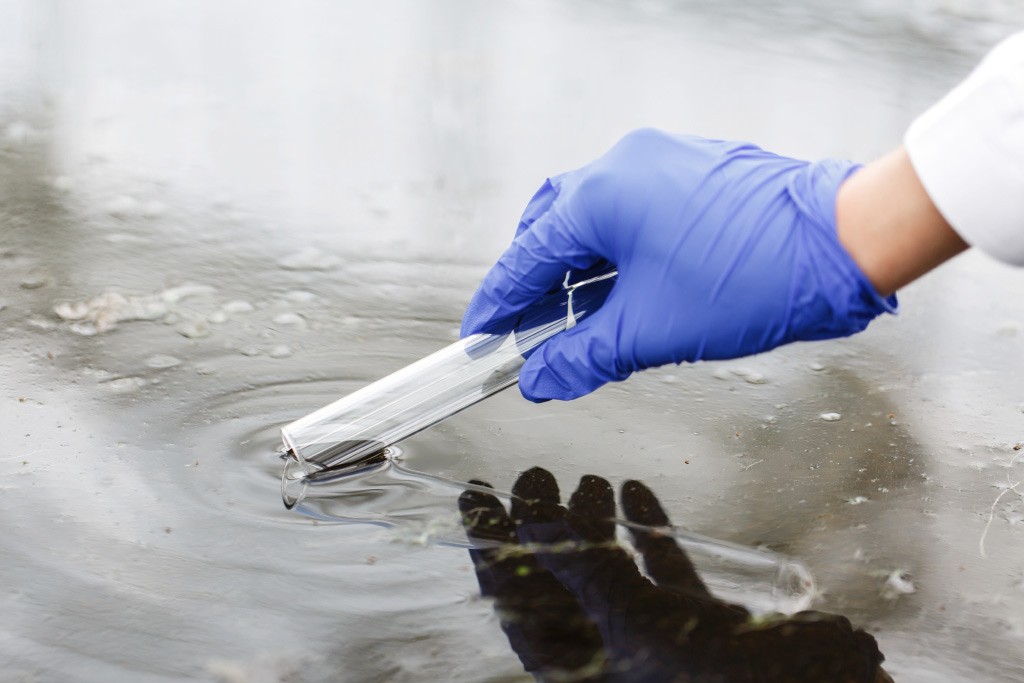How to Test the Electrical Conductivity of Solutions

Measuring the electrical conductivity of solutions helps us determine their purity and composition. From assessing drinking water quality to ensuring product integrity in manufacturing processes, conductivity testing is crucial to upholding safety and quality standards.
In this guide, we’ll discuss what electrical conductivity is, what the units of conductivity are, and how to measure the electrical conductivity of a solution. We’ll also discuss what factors to consider when choosing a conductivity meter.
What is electrical conductivity?
Electrical conductivity is a measure of a material’s ability to conduct an electrical current.
Measuring the electrical conductivity of a solution helps determine how pure a substance is. This is because it reflects the concentration of ions dissolved in the solution. The higher the conductivity level, the more ions are present, and therefore the less pure the solution is.
Why is testing electrical conductivity important?
Various industries test the electrical conductivity of water and other solutions for safety and quality purposes. For example, regulatory bodies will test electrical conductivity to assess the purity and contamination levels of drinking water and wastewater. Some other uses include:
- Ensuring product quality when manufacturing goods like pharmaceuticals, food and beverages, and cosmetics
- Checking soil and irrigation water for optimal plant heath in agricultural applications
- Testing solutions as part of laboratory research
- Environmental monitoring of natural water sources for pollutants

What is the unit of conductivity?
Electrical conductivity units are Siemens per meter (S/m) or milliSiemens per meter (mS/m). The higher the value of S/m, the more ions the solution contains and the better it is at conducting electricity.
How to measure electrical conductivity?
Conductivity meters are used to measure the electrical conductivity of a solution. Conductivity meters work by passing an electrical current between two electrodes. The higher the concentration of ions in the solution, the faster the electrical current and, therefore, the conductivity reading.

What to look for in a conductivity meter
When buying an electrical conductivity meter, you should prioritise accuracy and precision to ensure reliable measurements across your desired range. Built-in temperature compensation will take the temperature of your solutions into account, ensuring more accurate readings. Choosing a durable meter with good battery life will make it a reliable choice, especially for field use.
Our favourite choice is the ETI 8500 Conductivity Meter. It simultaneously measures electrical conductivity (mS/cm), parts per million (ppm) and temperature (°C), and uses automatic temperature compensation to ensure more accurate readings. Made in Britain, it has a robust design with a long battery life of 5,000 hours. In addition, it has a convenient 1-point calibration function, so users can quickly check the accuracy of the instrument at any time.
Summary
Conductivity is a measurement of how easily an electrical current can pass through a material. Because conductivity levels reflect the number of dissolved ions in a solution, measuring conductivity helps users determine how pure a solution is. Electrical conductivity is measured in Siemens per meter (S/m) or milliSiemens per meter (mS/m).
There are many different reasons for checking the conductivity levels of solutions. Environmental officers and regulatory bodies will monitor water conductivity for safety purposes, while manufacturers and agricultural workers will test solutions for product quality.
Conductivity meters test the conductivity levels of solutions by measuring how fast an electric current passes between two electrodes. The ETI 8500 Conductivity Meter is an ideal choice as it provides accurate readings with a durable design.
You might also like:
4 Best Garden Thermometers for Greenhouses, Soil & Compost
A Temperature Guide to Safe Cold Water Swimming